Interview with Idabel Allen, author of Headshots
|
Tell us about Headshots This short story collection is loaded with shotgun blasts that deliver the goods on life in all its pain and glory: a boy learns how hard it is to be good in post war Mississippi, a father teaches his beloved daughter her place in the world, and an elderly doctor makes the ultimate sacrifice on a dying planet. The common theme for these stories is the loss of innocence, that moment a child realizes their parents are not perfect, and the world is not fair. It’s about the events that shape and form us, and not always for the better. In Headshots, the paths paved by parents have left their children difficult passages to navigate life on. I wrote this collection of short stories a few years ago as a student at the Iowa Writer’s Workshop. I’d written a couple of full length novels, but had never written a short story. When these were complete, I decided to self publish the collection mostly to test the water and see how readers would respond. It’s one thing to hole up in an office and write for years on end, quite another thing to put that writing before an audience. Thus far, the response has been very positive, very encouraging. Also, publishing this book forced me to “come out of the closet” to family and friends who had no idea I was writing. This was pretty difficult as I tend to be kind of private. What type of stories are they? Do they belong to a particular genre? I probably shouldn’t admit my stories are pretty grotesque, but I cannot escape the truth. These stories are mired in realism in an age of fantasy writing. There are no vampires or wizards or sexcapades between the covers of this book. You once wrote that your “characters’ greatest battles are fought within themselves… Ultimately, the fight for salvation is the greatest battle my characters fight.” Is that what you were talking about? My characters come from backgrounds which are not ideal. Children are abandoned, made to do terrible things, neglected, unwanted, orphaned, poor, unhappy and unloved. And from these desperate backgrounds emerges terrible guilt and shame. Shame in who they are, where they come from or what they’ve done. Guilt in that they feel responsible for the unhappiness, the lack of love, the neglect which characterized their young life. They feel unworthy of love from others and from God. In my books, my characters want to run or hide from life. In truth, they are barely hanging on. Ultimately, my characters reach a point where they can’t run or hide any longer, but they can’t move forward either. It’s either hang on and fight for a future, or give up and let go of life. But to hang on and fight they must turn inward and address the feelings of shame, guilt and unworthiness. By coming to understand who they truly are and their self worth, they begin to overcome the obstacles in their lives and become strong enough to face both the past and the future. The salvation comes from finding oneself and letting go of the things which are not true. What kind of readers will it appeal to? As one reader put it, “The stories are introspective and well written, with deep insight into the human condition.” One of the most common things readers say about Headshots is the stories are too short. They want to know more about the characters and what happens to them. They want a book instead of a short story. In some ways is it harder to write good short stories than it is to write a good novel? The more I kept writing short stories I learned what all writers learn, that there is great strength in brevity. A sentence stripped of adverbs and adjectives, even stripped of good sentence structure can pack more raw emotion than the most perfectly detailed sentence. From short stories I learned to be a really sound editor. I learned how to critique my work with a more objective eye. The key to writing a novel or short story is the ability to get to the truth and heart of the story, and get rid of everything else. This is what writing short stories taught me. Complete this sentence for us: If you like_________, you’ll love Headshots. It feels pretty arrogant comparing Headshots to the writers listed above, but they are the writers I grew up on and their influence is undeniable. These stories have Flannery’s bite, Eudora’s humour and Faulkner’s unique characterization. My characters aren’t perfect, they don’t always do the right thing, but you can understand them and relate to them even if it seems they come from another world. And like the stories of the writers listed above, Headshots is engaging and a whole lot of fun to read. Do you have a favourite story in the collection? If yes, why that particular one? This story also tells the tale of Molasses’ father, a fearsome bull of a man working to build his place in the world so that no other could ever tell him what he could or could not do. It’s a story of self-reliance and sacrifice; it’s a story of drive and determination to become his own man. In this story, there’s also a sense of permanency. With all the new changes sweeping the land, this family firmly understands what is important for their family and their community. They are not easily pressured into a new way of thinking or of doing things by outsiders who really do not understand them. From a technical standpoint, I’m pleased with the way Molasses’ narration really drives the story and puts the reader immediately in this place and time that has long since passed. I also like the dialogue between the boys. I think most people can relate to being made fun of and picked on. I even like the ending, although shocking on the one hand, it does accomplish Molasses’ goal of being with the boys. But most of all, I love Molasses. He is a wonderful character. We can’t wait to meet him, but for now can you tell us a bit about yourself? Nice to know you. Nice to know you, too. Have you got a blog or a website where we can all get to know you even more? How can we follow you on Face book and/or Twitter? I have a Facebook page for Idabel Allen, but the truth of the matter is a lot of my relatives and high school friends on this page and it embarrasses the fire out of me to post my writing updates there. So there hasn’t been much Facebook activity in a long time. I have a great blog called A Lowbrow Literary Life. And finally, to get more information about me and my books, check out my website at www.idabelallen.com. Where can we buy Headshots? What’s next? This will be my first novel based on historical events, and will include an element of the spiritual or supernatural, something I’ve never done either. I started out wanting to write a book as terrifying as Peter Straub’s book Ghost Story, but as all stories do, it has taken a on a life of its own and the horror element may not work out. We’ll see how it goes. Just know it will be pretty dang good. |




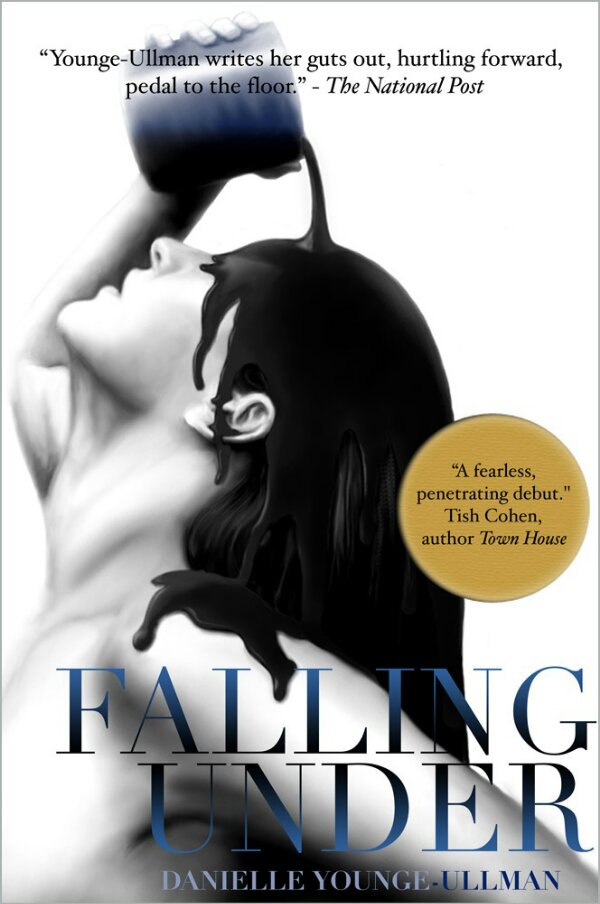
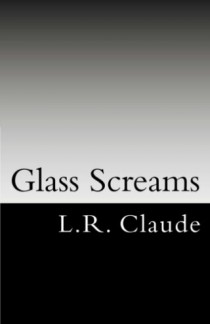
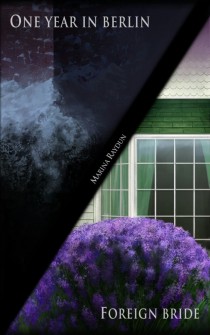
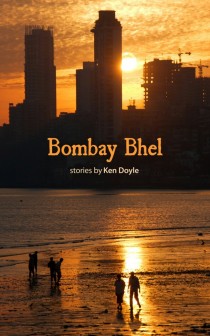
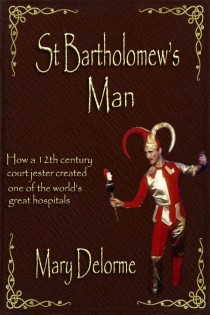
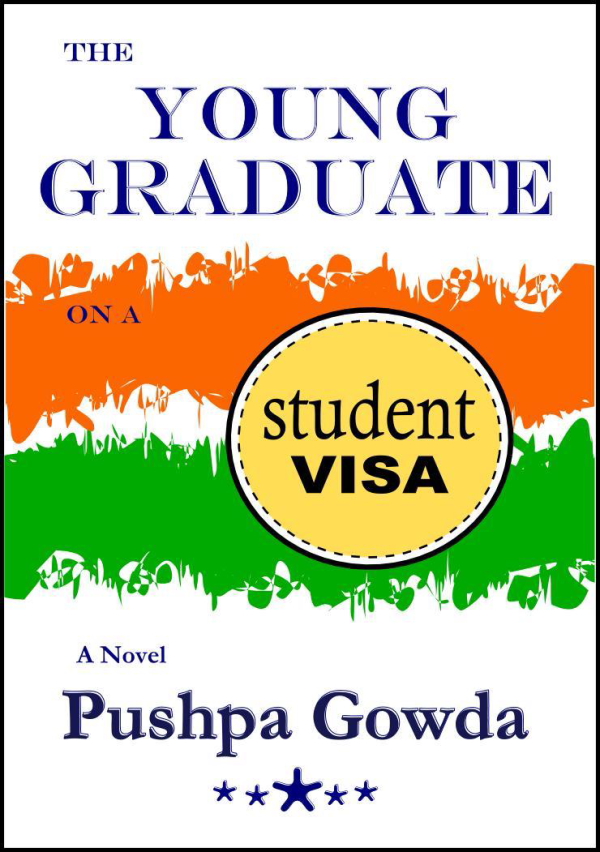
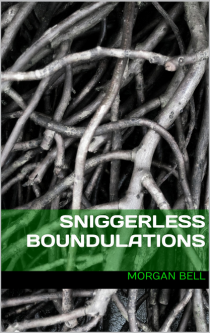
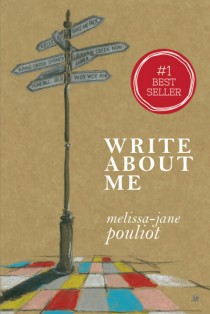
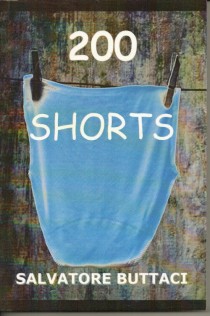
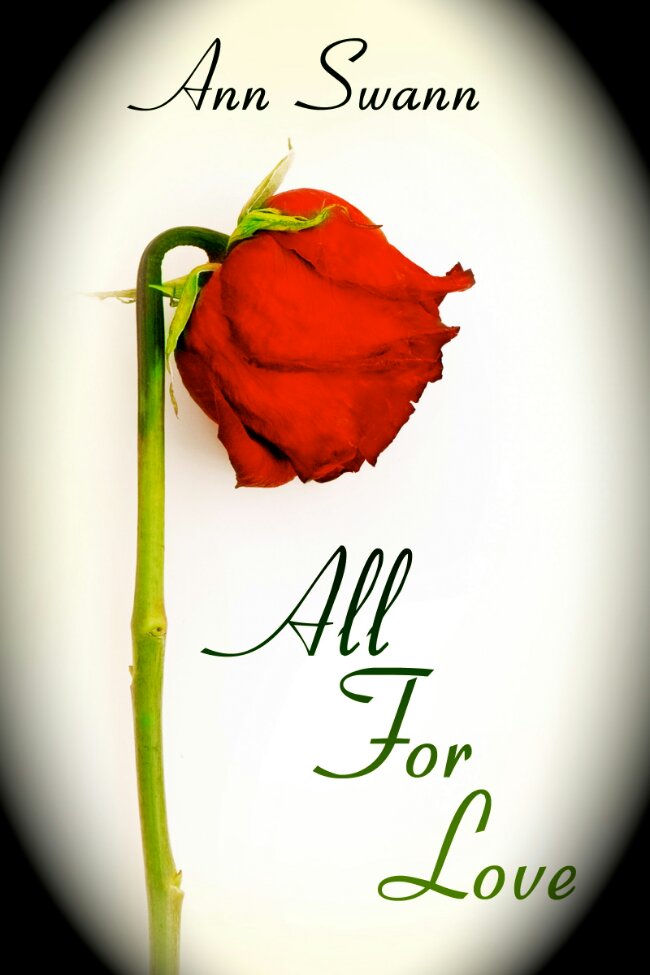
Pingback: Interview with Eileen Cruz Coleman, author of Sweetwater American « Indie Author Land
Pingback: Interview with Inge Moore, author of As Crazy As You « Indie Author Land
Pingback: Interview with Eileen Cruz Coleman, author of Sweetwater American | Indie Author Land
Pingback: Interview with Inge Moore, author of As Crazy As You | Indie Author Land